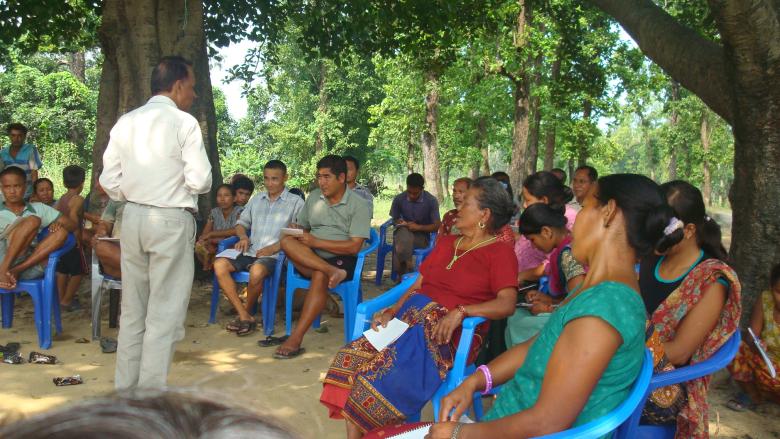The solution was carried out to minimize a set of environmental challenges like floods, wildfires, landslides, biodiversity loss and land degradation in the Jagdishpur wetland (a Ramsar site) and its upstream area. These threats are linked to harmful anthropogenic activities such as slash and burn practices and shifting cultivation in the Banganga River Basin. The project reached 14,168 indigenous households highly dependent on forest resources, improved their livelihoods and increased food security up to 9-12 months. Project objectives were achieved through awareness campaigns, agro-forestry practices, sloping area land technology, bioengineering techniques, a revamp in irrigation and water recharge systems, and installations of cooking stoves, solar home systems, as well as biogas plants. For co-funding and sustainability, relevant government and non-government stakeholders were involved from the start.


